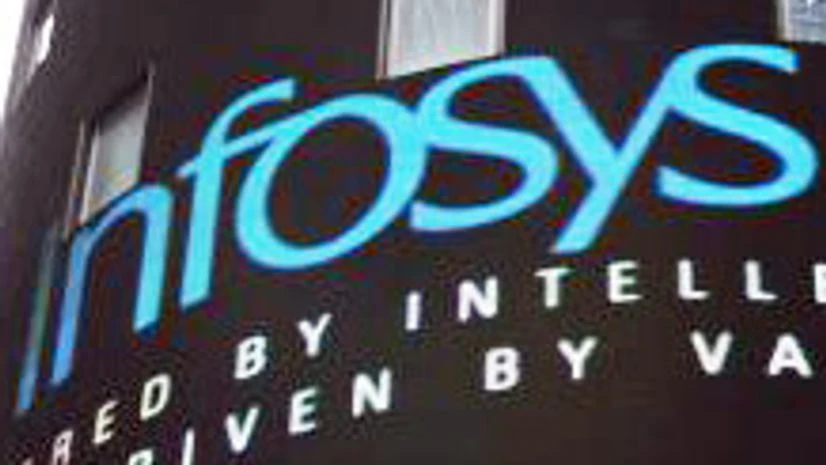Infosys, the country’s second largest information technology (IT) services company, has donated £250,000 (Rs 2.3 crore) towards the statue of Mahatma Gandhi unveiled in London’s Parliament Square on Saturday.
According to the Trust’s website, Infosys’ donation is the highest so far.
“Mahatma Gandhi encouraged Indians to spin and weave their own cloth — using the traditional spinning wheel or charkha — and wear clothing made from this homespun fabric. The charkha became both the tool and symbol of a national revolution, built on the tenets of human creativity and entrepreneurship. Computing technology, today, serves as the modern Indian’s charkha — amplifying individual abilities, and collective capability (just as the charkha did many decades ago), making extraordinary makers out of ordinary people, helping enterprises in the UK and the world over weave dreams into reality,” stated Infosys’ chief executive, Vishal Sikka.
Earlier this year, Infosys co-founder N R Narayana Murthy and his family donated £200,000 for the statue. The trust’s website lists the Lakshmi Mittal family, Bajaj Auto Chairman Rahul Bajaj and hotelier Vivek Chadha among the donors.
The targeted budget for the project was reportedly projected at £750,000. Unveiling of the nine ft bronze statue marks 100 years since Gandhi returned from South Africa to join the struggle for this country’s independence.
Infosys, headquartered in this city, has 8,500 employees in Europe, including 3,000 in Britain. The company gets nearly $1 billion annual revenue from businesses in the UK. It works for BT, Vodafone, UCAS (the UK university clearing body), GSK, AstraZeneca, Unilever and Diageo in the region.
The company recently recruited apprentices (after completion of an 18-month training programme) in the UK and has partnerships with Queen’s University Belfast, Cambridge and Southampton universities. The company also said it has hired over 20 graduates in UK this year as part of its worldwide program to bring around 200 persons to enhance its business development teams. The company has also taken over 100 students from UK to India for a summer internship.
According to the Trust’s website, Infosys’ donation is the highest so far.
“Mahatma Gandhi encouraged Indians to spin and weave their own cloth — using the traditional spinning wheel or charkha — and wear clothing made from this homespun fabric. The charkha became both the tool and symbol of a national revolution, built on the tenets of human creativity and entrepreneurship. Computing technology, today, serves as the modern Indian’s charkha — amplifying individual abilities, and collective capability (just as the charkha did many decades ago), making extraordinary makers out of ordinary people, helping enterprises in the UK and the world over weave dreams into reality,” stated Infosys’ chief executive, Vishal Sikka.
Earlier this year, Infosys co-founder N R Narayana Murthy and his family donated £200,000 for the statue. The trust’s website lists the Lakshmi Mittal family, Bajaj Auto Chairman Rahul Bajaj and hotelier Vivek Chadha among the donors.
The targeted budget for the project was reportedly projected at £750,000. Unveiling of the nine ft bronze statue marks 100 years since Gandhi returned from South Africa to join the struggle for this country’s independence.
Infosys, headquartered in this city, has 8,500 employees in Europe, including 3,000 in Britain. The company gets nearly $1 billion annual revenue from businesses in the UK. It works for BT, Vodafone, UCAS (the UK university clearing body), GSK, AstraZeneca, Unilever and Diageo in the region.
The company recently recruited apprentices (after completion of an 18-month training programme) in the UK and has partnerships with Queen’s University Belfast, Cambridge and Southampton universities. The company also said it has hired over 20 graduates in UK this year as part of its worldwide program to bring around 200 persons to enhance its business development teams. The company has also taken over 100 students from UK to India for a summer internship.

)
